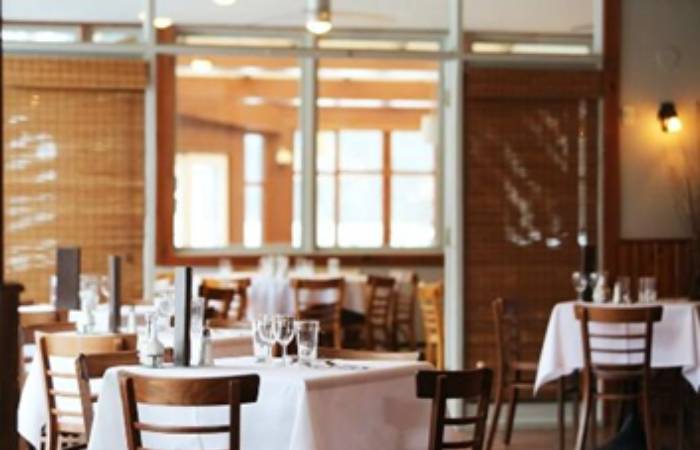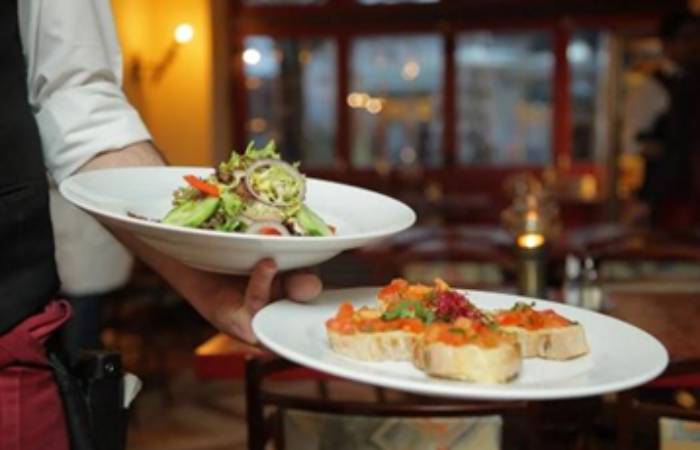There’s no question that opening a small business represents a risky venture – and this is often particularly true in the case of restaurants. Not only is restaurant ownership a highly competitive field in many areas, restaurants are particularly susceptible to reputational damage brought about by negative online reviews. While expecting a new restaurant – or any small business, for that matter – to be an overnight wonder is pure folly, there are numerous steps you can take to maximize your odds of success.

Table of Contents
Research the Location
Before committing to rent or purchase restaurant space, you’d do well to thoroughly research the location. For example, it’s strongly advised that you research how successful other local eateries are, and if the space you’re looking to rent was previously occupied by another restaurant, consider why the proprietor(s) decided to close. No matter how appealing a restaurant space may seem, it’s entirely possible that the area itself won’t prove profitable for the type of eatery you wish to open.
You should also look into what other kinds of restaurants the area is home to. Depending on the type of cuisine you intend to serve, you may discover that you have steep competition in this particular location. Needless to say, this is good information to have before signing any paperwork.
Maintain an Active Presence on Social Media
In addition to using social media platforms as vehicles for staying in touch with friends and following assorted celebrities and public figures, people enjoy staying up to date with their favorite brands and business through social media – and restaurants are no exception. With this in mind, make a point of creating accounts for your restaurant on assorted social media mainstays and updating each of them on a regular basis. Not only will this serve to keep your existing patrons in the know, it can help you attract the interest of hundreds – if not thousands – of prospective patrons.
When creating social media posts, aim for content that encourages audience engagement and incorporates plenty of pictures. For example, sharing photos of new additions to your menu is likely to get your followers’ mouths watering and encourage them to stop in and sample your new creations.
You should also encourage followers to share your posts, as this will help bring your restaurant to the attention of your followers’ followers. Since a single share or retweet from a large account can instantly put your eatery on the radar of tens of thousands of potential customers, you should never underestimate the importance of social media marketing.
Put Your Best Foot Forward When it Comes to Cleanliness
Many restaurant-goers are understandably hesitant about dining at establishments with less-than-ideal health inspection scores. Even if they find your restaurant’s cuisine and aesthetic appealing, many people are unlikely to take a chance on a restaurant with a low health grade.
That being the case, it behooves every restaurateur to put their best foot forward when it comes to cleanliness and sanitation. In addition to keeping your kitchen and dining area spotless, make a point of regarding proper food storage and pest prevention as two of your biggest priorities. If your restaurant develops a reputation for regarding diners’ health as an afterthought, you can expect to see a noticeable decrease in business. Reliable, user-friendly health inspection software may also prove helpful in this area. Different states require food establishments to secure a permit and proper documentation in an effort to set sanitation standards. Moreover, Texas requires operators to obtain certification through food manager training. These food preparations and hospitality practicum conditions vary from state to state, and safety regulations are strictly implemented.
Create Customer Rewards Programs
Rewarding customers for their patronage and loyalty can be a great way to generate repeat business and attract new people to your restaurant. Fortunately, there’s no shortage of options when it comes to customer rewards programs. For example, you could send special coupons and offers to customers who provide you with their phone and email. You may also want to consider providing customers with punch cards and rewarding them with a free meal whenever a certain number of punches has been reached.

To call restaurant ownership challenging would be an understatement. Many restaurateurs face tough competition on a variety of fronts, and maintaining a successful eatery takes good business sense and fantastic managerial skills. Opening your first restaurant can be particularly tough, especially if you’re based in a competitive area or one with low-demand for the type of dining experience you’re offering. New restaurateurs looking to set their establishments up for success should take heed of the pointers discussed above.

